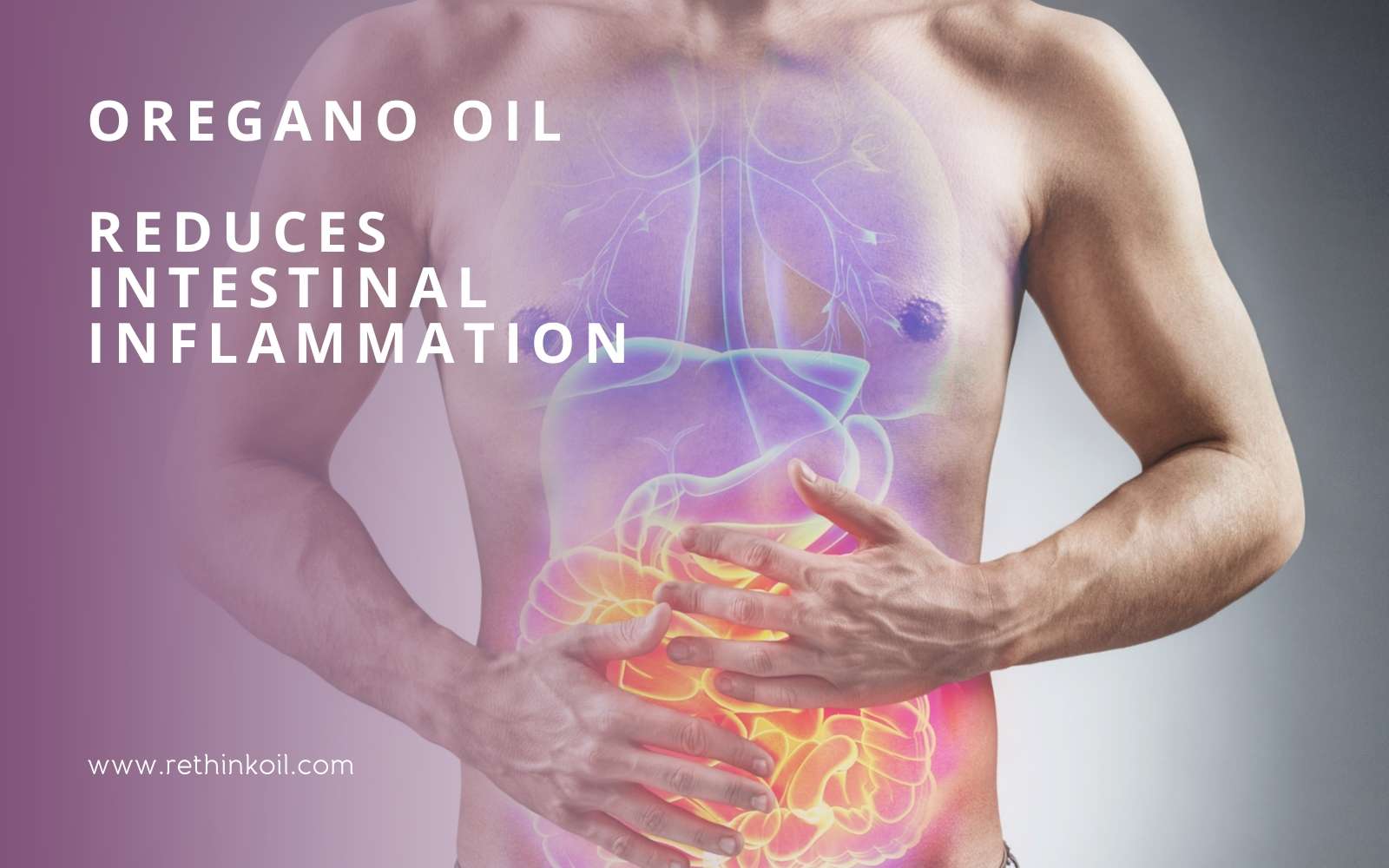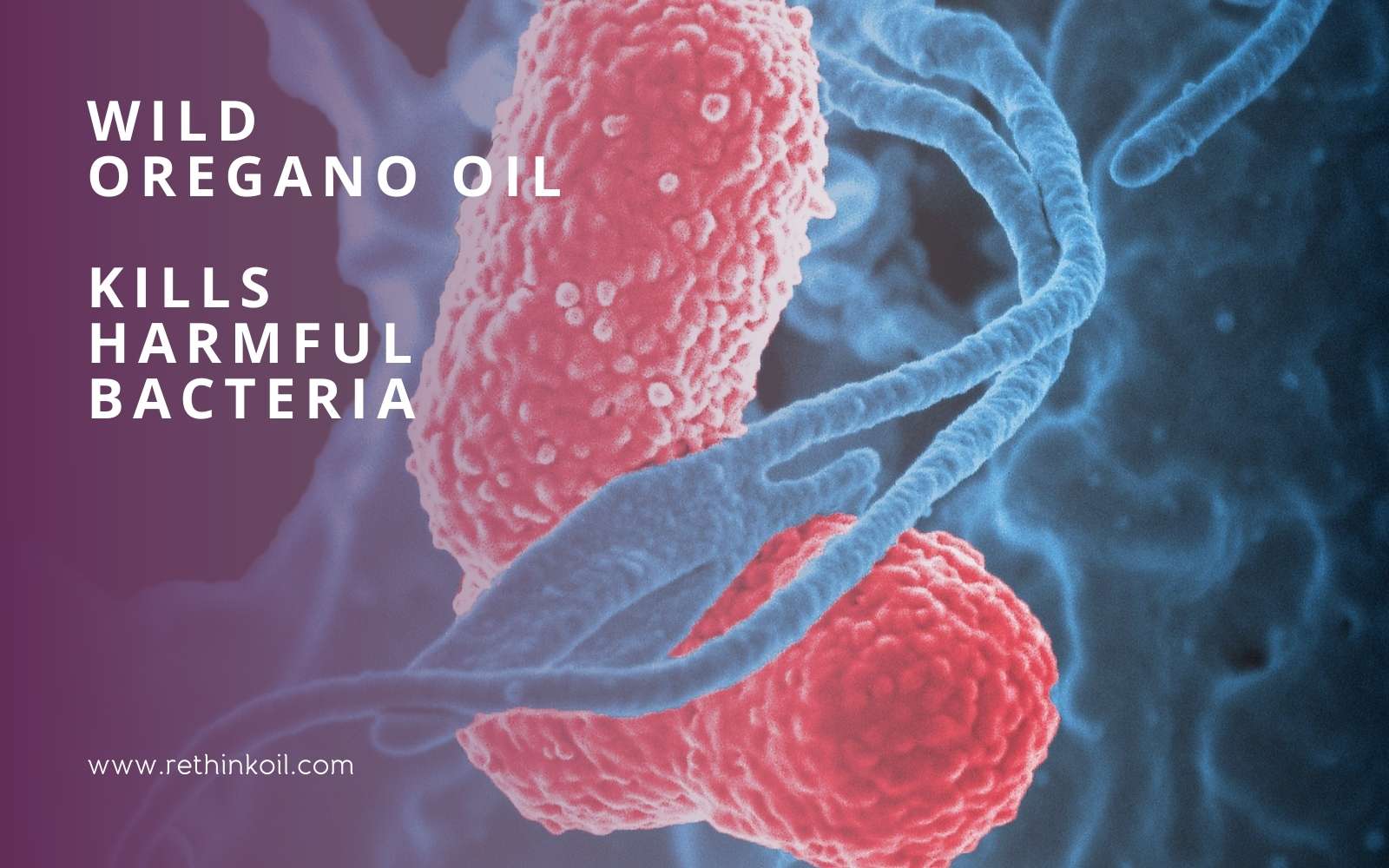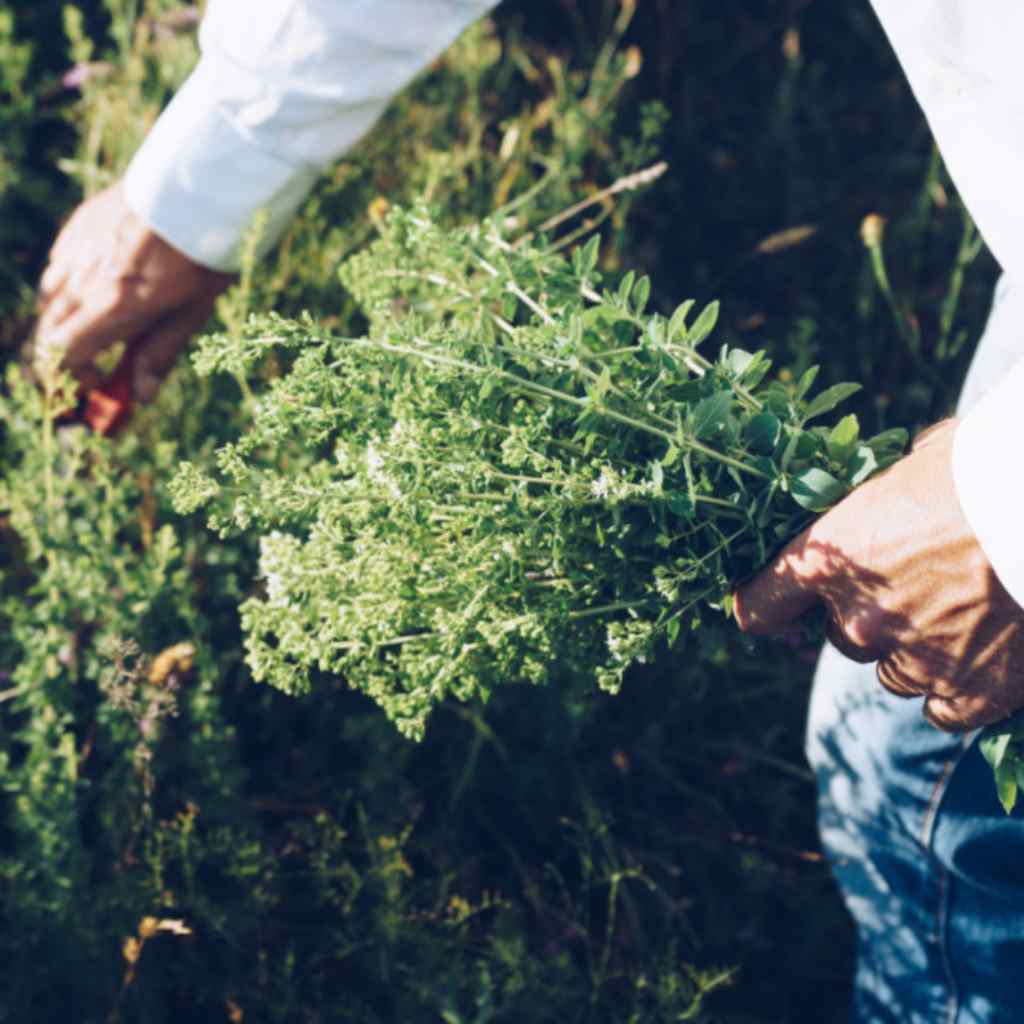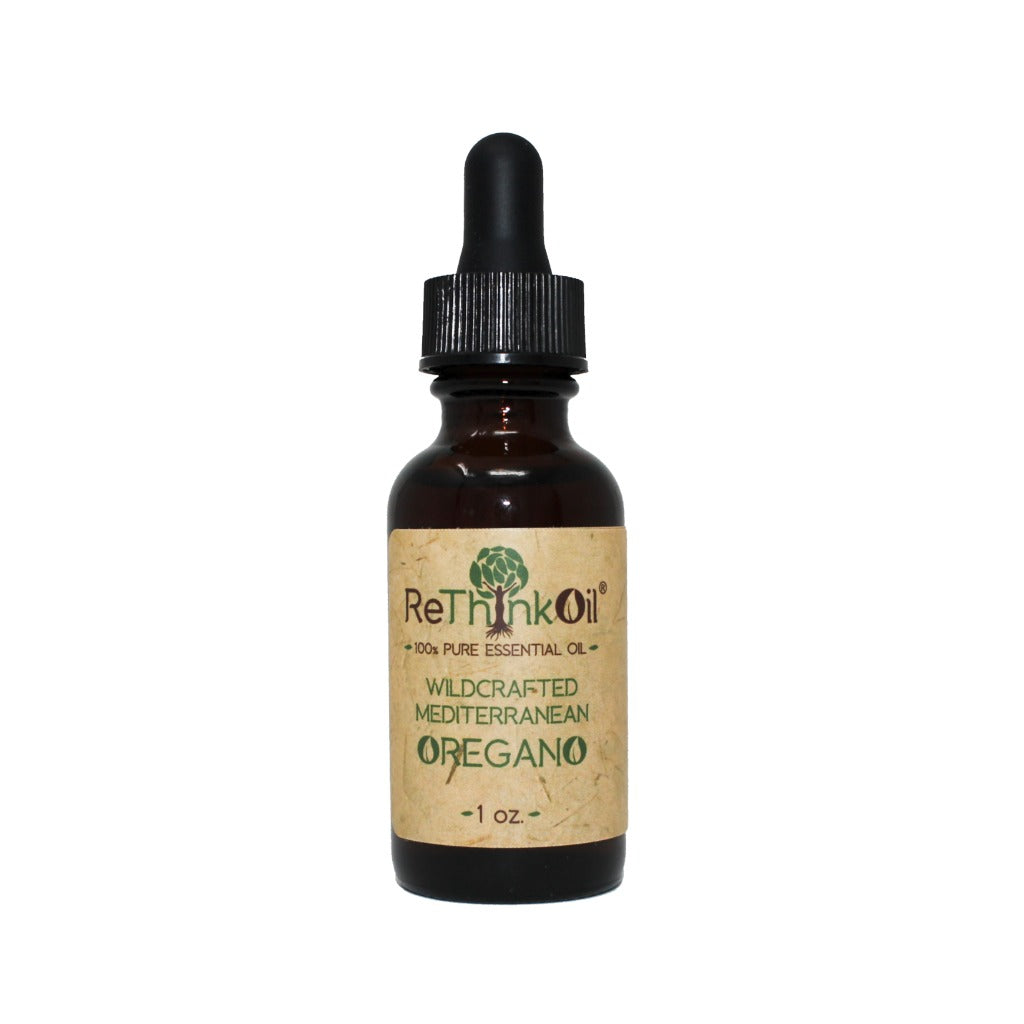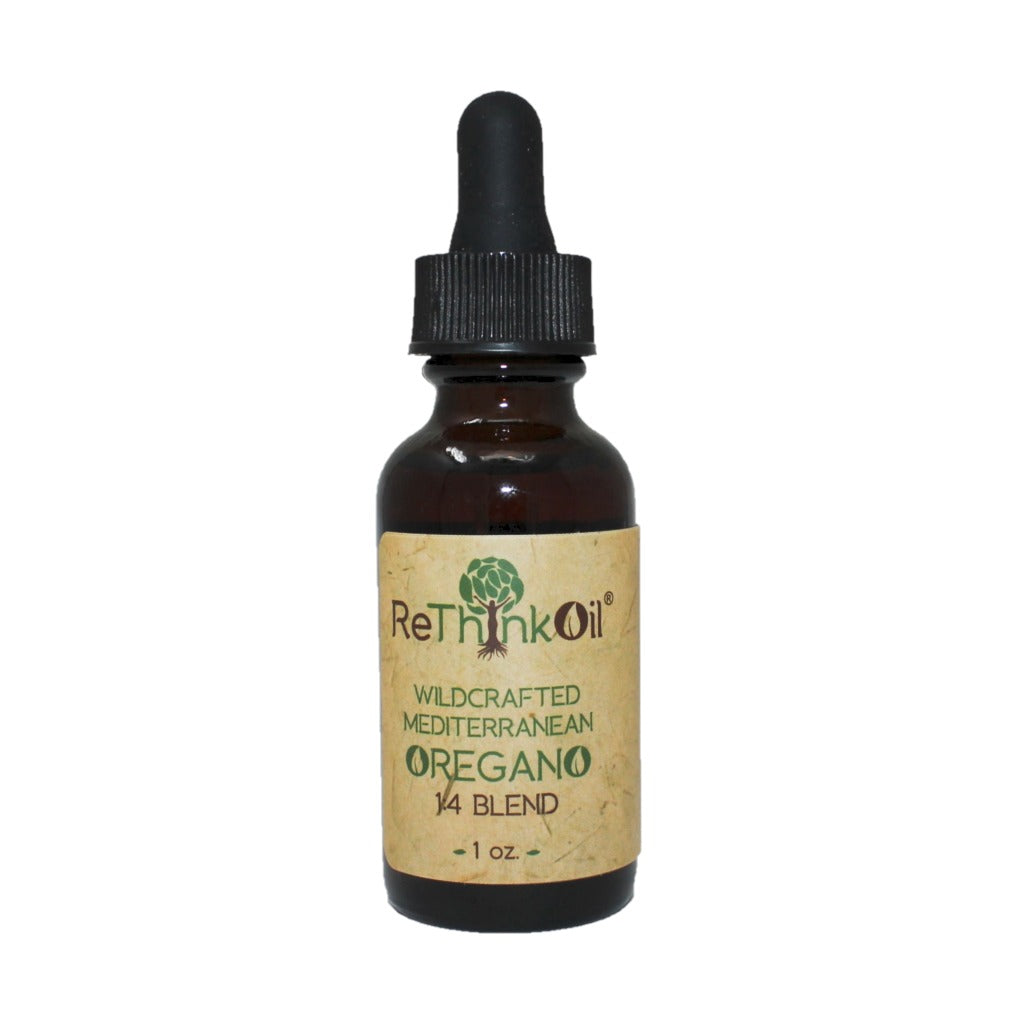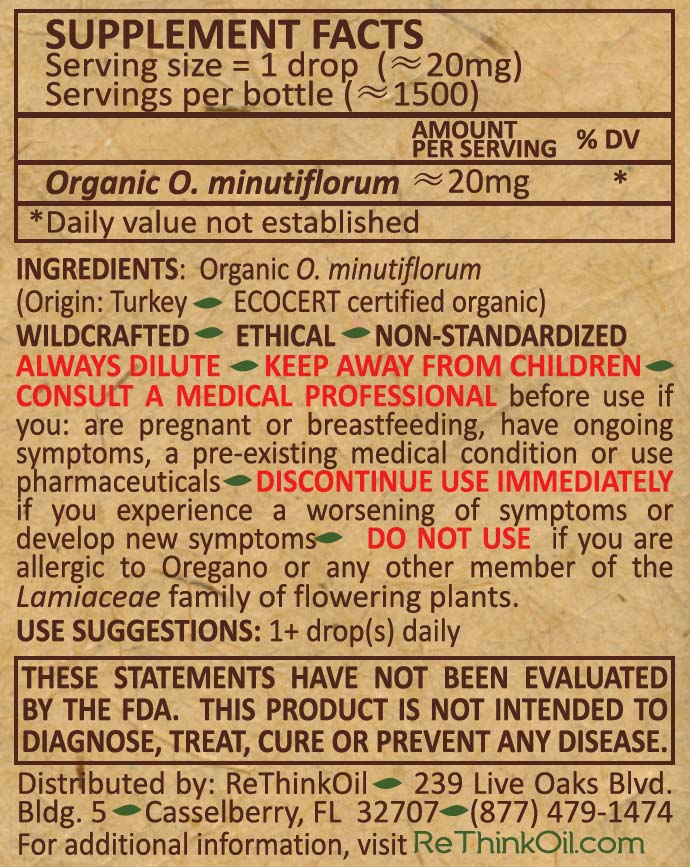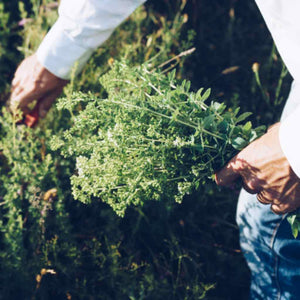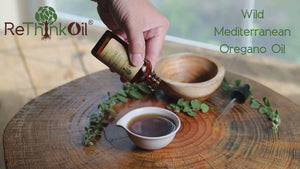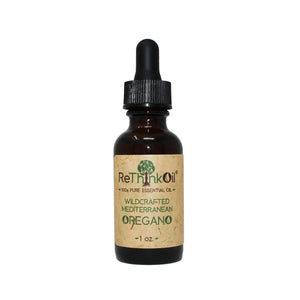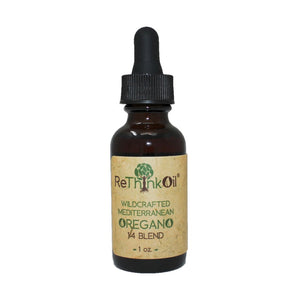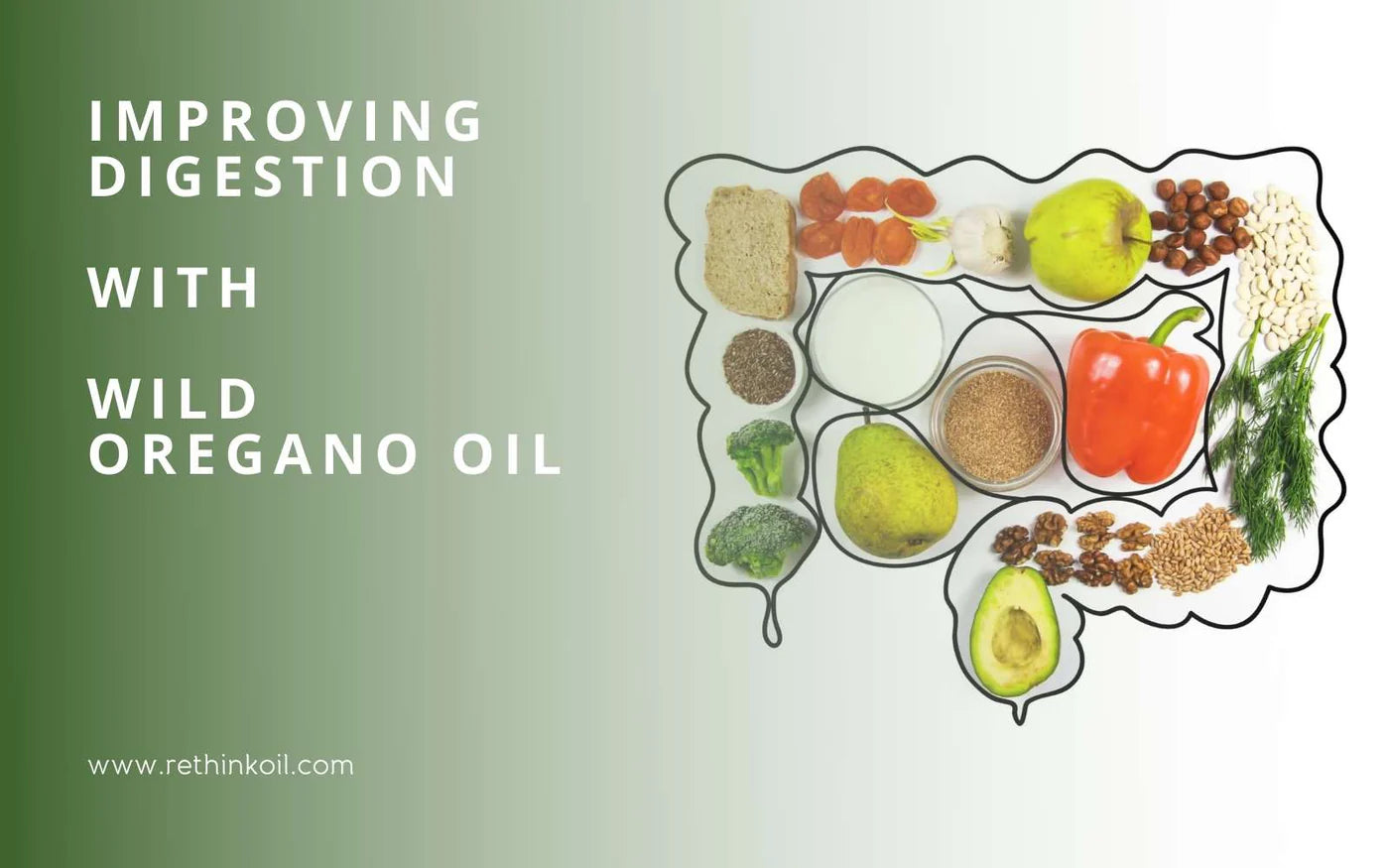
KEY POINTS:
-
Study Objective: To determine if there is synergistic activity between Origanum minutiflorium Essential Oil (OEO) and Monensin (MON) in chickens.
-
Result on Synergism: No synergism found between OEO and MON.
-
Gut Health Improvement: Substantial improvements in digestive capabilities and overall gut health of chickens fed the oregano essential oil.
-
Intestinal Formation: Improved formation with higher, longer, and wider villi, and decreased crypt depth in the duodenum, jejunum, and ileum.
-
Nutrient Absorption: Increased surface area for nutrient digestion and absorption, along with increased mucosal enzymes and nutrient transport efficiency.
-
Digestive Enzyme Activity: Significant increase in digestive enzyme activities in both the pancreas and small intestine.
-
Antioxidant Defense: Lowered oxidative stress marker (Malondialdehyde, MDA) and higher antioxidant defense activity (Superoxide dismutase, SOD).
-
Microbial Balance: Establishment of microbial balance throughout the intestines, enhanced nutrient utilization, and gut passage rates (motility).
-
Overall Effect: Encouraged endogenous digestive enzymatic activity and increased intestinal absorptive surface area.
A 2016 study utilizing Turkish Origanum minutiflorum (containing 81.69% carvacrol) aimed to determine if synergistic activity existed between Oregano Essential Oil (OEO) and Monensin (MON), an antibiotic used to control parasitic disease in chickens. Although no synergism was found between the two, the study revealed substantial improvements in the digestive capabilities and overall gut health of chickens fed the oregano essential oil.
The study showed that the addition of Oregano Essential Oil improved the formation of the birds' intestines. Higher, longer, and wider villi, as well as decreased crypt depth, were observed in the duodenum, jejunum, and ileum areas of the intestines, "providing a greater surface area for nutrient digestion and absorption." These improvements contributed to "increased mucosal enzymes, absorption, and the efficiency of the nutrient transport system."
The digestive enzyme activities in both the pancreas and small intestine significantly increased in chickens fed oregano oil; therefore, it was shown that OEO may have a progressive effect on the "quality of the intestines, secretion of digestive enzymes, and particularly the antioxidant defense potential against parasitic infections."
Notably, the oxidative stress marker Malondialdehyde (MDA) was lowered, and significantly higher antioxidant defense activity (SOD - Superoxide dismutase) was observed, indicating that the plant bioactives in oregano oil have antioxidant properties capable of reducing the harmful effects of oxidation, thus improving the overall condition of the birds.
The plant bioactives found in Origanum minutiflorum helped to establish "microbial balance throughout the intestines, enhanced nutrient utilization and gut passage rates (motility), as well as encouraged endogenous digestive enzymatic activity," resulting in an overall "increased intestinal absorptive surface area." 1




